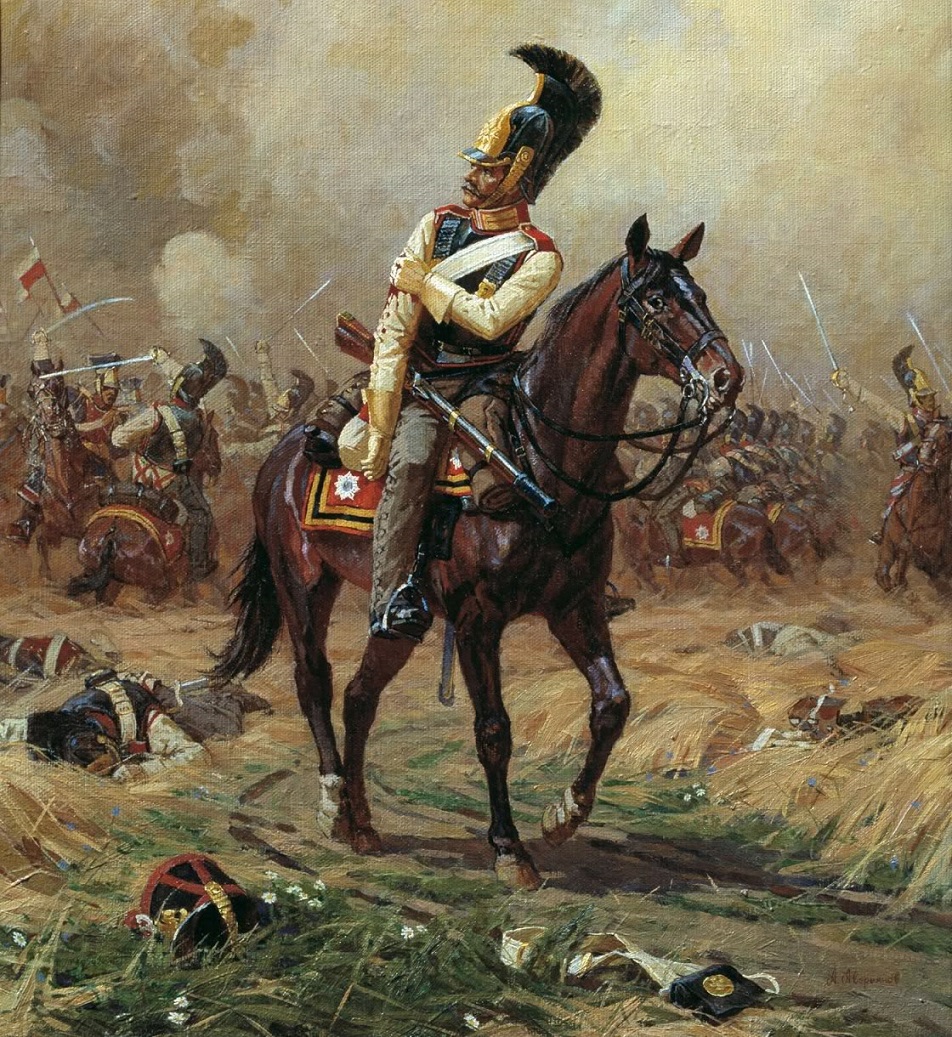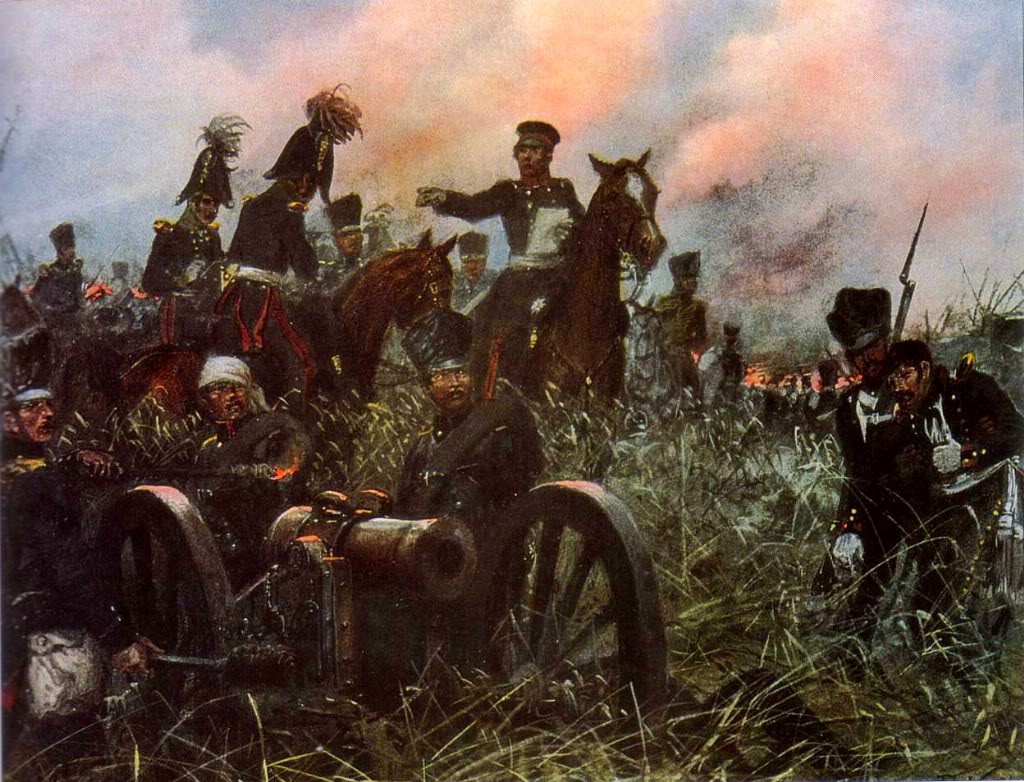That having been said, Sarge is very eloquent in his postings where the theme is "I ain't got nuttin'".
So....There I was *, this very morning, doing my morning business, pondering what to write to
As a boy, I had always gone straight to the back page of Air Force Magazine and read that cartoon before thumbing through the rest of the articles in the magazine. Recently, I've been re-thumbing through it somewhat regularly as nature calls.
Provided I remember to bring my glasses with me.
In any case, this morning I happened across one of the cartoons that referenced a "supposedly" true story about a guy in WWII named Bruce Carr.
 |
| Click to enlarge. Source |
Ah-HAH, an idea!
Finishing up my business, shaving, showering and, such as is possible with me, cleaning up in preparation for my conversations with the Guy Upstairs, still left me with a few minutes to spare. So, I Binged the name (Yes, I'm trying to stay away from the Google as much as possible).
What I read was quite definitely a story. So, here goes.
Col Carr had learned to fly in 1939 when his father had bought a Piper Cub for $25. The plane had landed in a tree which apparently upset the pilot who then sold it. Upon entering Pilot training at the ripe old age of 18, he soloed on his first flight. His IP had intended to give him the usual dollar ride, and Col Carr when given the controls had done aerobatics all the way too and from the area, so upon landing, the IP climbed out and allowed him to solo.
Training in the AT-6 (OT, but this weekend was Formation School, AT-6s left and right and doing aerobatics over the house. Bastiges....), was similarly short, after 4 or 5 hours he and a couple other students were told they were going to P-40s and shipped off to Georgia. His first flight in the P-40 involved his IP kneeling on the wing pointing to controls and explaining their purpose. After that, he was cleared off to learn to fly.
That was not the way things usually were, but the exigencies of war being what they were....
He arrives in England and immediately transitions to the P-51. His transition training consisted of a pep talk.
"This is a P-51. Go fly it. Soon, we'll have to form a unit, so fly!”"My first flight in an Eagle was solo also. Suffice it to say there was considerably more instruction involved before I got airborne than he received. I could identify with his statement about the transition
"I FLEW a P-40, but in the P-51, I was PART OF the airplane.. and it was part of me. There was a world of difference."Having never been above 10K in the P-40, his first flight involves a controlled climb to 30K, as he pondered that capability he decided to name his aircraft "Angel's Playground". As he's making that decision, the formation is bounced by German Fighters.
 |
| Source |
Since the unit hasn't been fully formed yet (giving the flight lead the benefit of the doubt here), the lead jettisons tanks and turns for home. Col Carr however, is peeved that he's been shot at, so engages one of the Germans. As with all prolonged engagements, energy is lost and altitude is traded for lost energy. Pretty soon, Col Carr is lower than treetops but behind the German. The German pulls up to clear some trees, so Col Carr squeezes the trigger and fires until the barrels burn out. A tracer from his guns hits the wing of the German, who decides to bail out. Unfortunately, he's too low.
Col Carr, who was chastised by his flight lead for being "too aggressive" during that engagement refers to his victory not as a "...kill, but a suicide."
Reading this far in his story, I've decided for some reason, I like this guy.
He ends the war with a total of 14 victories, but that's not what makes him the subject of Bob Steven's cartoon. On a mission over Czechoslovakia he is strafing an airfield when he's hit by AAA (Hiss!). Losing coolant, he steps over the side. He manages to evade capture for several days, but is unable to find nourishment. (The sources refer to him having a dead chicken but no way to cook it without risking capture.)
Running out of energy, he decides to make for the Luftwaffe airport and surrender there. Arriving after sunset, he, wisely IMHO, decides to wait until morning. As he's watching the airport that night, he sees a FW-190 being maintained by Germany's finest maintainers. (No Sarge, not you, they didn't have radars on FW-190s).
As the maintainer's finish working and button up the fighter. Col Carr crawls into the fighter to have a place to hide and stay warm. As he's hiding in the fighter, he's doing what any pilot does in a cockpit, figure out where things are and how they work.
Which leads him to a plan.
He decides if he can start the thing, he'll take off and head for home.
Dawn arrives and he starts pulling on the lever he thinks is the starter, but nothing happens. He's pulling on it and pulling on it and starting to think this isn't going to work when he gets a flash of brilliance. (I'd rather be lucky than good.) He pushes on the control and an inertial starter starts to whine. When fully wound, he pulls the lever again and the engine starts.
Looking around to see if anybody is running towards the airplane, he's astonished that an airplane starting at a base isn't an unusual occurrence. However, he also concludes that an airplane taxiing towards a runway might attract attention, so he cobs the power and takes off between two hangars.
Airborne, he plays with various switches to get the gear and flaps up. Which he successfully accomplishes. Maintaining a VERY low altitude (he says 6", I think that might be a SLIGHT exaggeration), he makes it back to his base where he attracts the attention of friendly AAA (there's no such thing as "Friendly" AAA. Hiss!). Climbing to altitude he hits the gear switch but nothing comes down. Several more tries, still nothing, and the friendly AAA is getting even "friendlier", so he decides to belly land it.
 |
| Source |
Which he successfully does. MPs, being MPs, try lift him bodily from the fighter and arrest him, but the seat belt retains him. Finally, his Group Commander recognizes him, calls the MPs off and asks him "where the hell have you been?"
Later, as he's showing the squadron the FW-190, he's shown a lever in another section of the cockpit which when activated, lowers the gear. One for up, another for down. Interesting example of German ingenuity.
Or not.
So Bob Steven's cartoon is mostly correct. However, he evaded capture, not escaped, he also borrowed an FW-190, not an ME-109 as the cartoon indicates, but the final frames are exactly correct. That having been said, LtCol Stevens told an excellent tale that reflected the general facts and which I enjoyed researching.
Col Carr finishes WWII, remains in the Air Force, flies combat in Korea in the F-86, then flies combat in Vietnam in the F-100 for a total of 509 combat missions.
That's a lot, folks.
Col Carr passed away in 1998 at the age of 74.
Rest in Peace, Warrior!
Sarge, you just never know where you'll be when a posting idea strikes.
* SJC
Sources
http://www.rb-29.net/HTML/50FtrPltStory/FtrPltStory/50.06.00.htm
https://forums.ubi.com/showthread.php/282029-Bruce-Carr-Great-True-Story-Forums
http://wethearmed.com/military-and-law-enforcement/unbelievable-captain-bruce-carr-mustang-ace/
http://www.airforcemag.com/MagazineArchive/Pages/1995/February%201995/0295valor.aspx
https://army.togetherweserved.com/army/servlet/tws.webapp.WebApp?cmd=ShadowBoxProfile&type=Person&ID=289769
http://www.combatsim.com/htm/nov99/p51-hard3.htm





























































